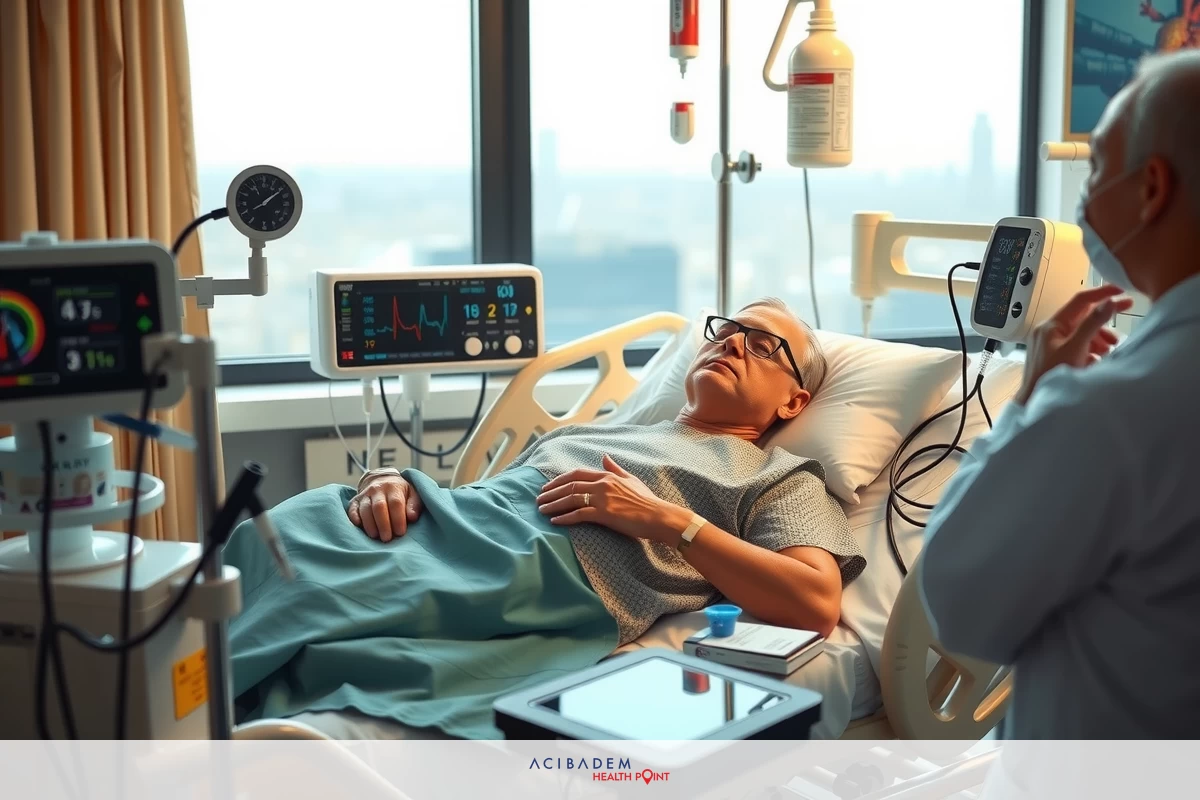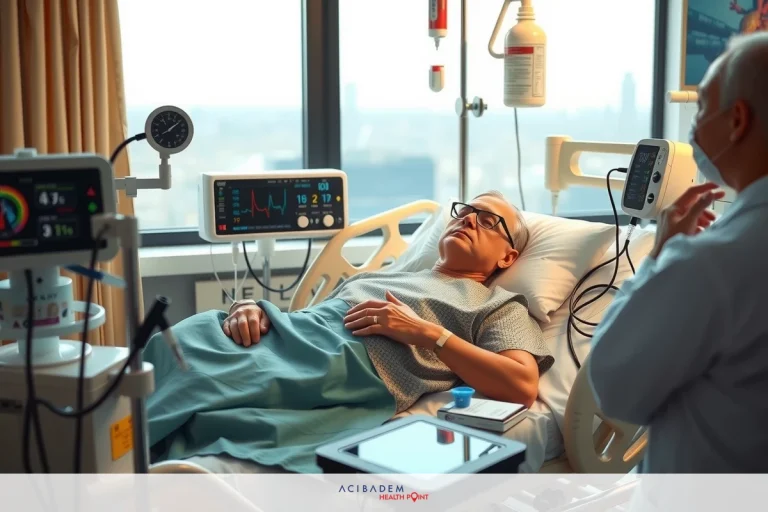What are the risks of CAR T-cell therapy?
What are the risks of CAR T-cell therapy? CAR T-cell therapy is a new way to treat some types of cancer. It uses your body’s own cells to fight the disease. Though it offers hope there can be risks involved. Some people may face side effects that need care and attention. Knowing these risks can help you make better choices about your health.
Some of the most common side effects include fever, chills, and tiredness. These symptoms usually show up in the first few days after treatment. While they might seem mild it’s good to talk with your doctor if they occur. Your healthcare team will guide you on how to manage them well.
More serious issues could also arise during or after treatment. These might affect other parts of your body like your heart or lungs. It’s vital to stay in close contact with your medical team during this time for quick support if any problems come up.
Common Side Effects
When undergoing CAR T-cell therapy some common side effects may appear. Fever is a frequent reaction and can start soon after treatment. Chills often come with fever and might cause discomfort. These symptoms usually go away on their own but need watching. It’s good to inform your doctor if you notice them.
Another side effect is tiredness which many patients feel during cancer treatment. This fatigue can last for days or even weeks after the procedure. Resting well and eating healthy food can help manage this tiredness. Your care team will offer tips to cope better with it.
Some people also experience low blood pressure as a result of CAR T-cell therapy. This condition needs careful attention from healthcare providers to avoid serious health issues. Symptoms include dizziness or lightheadedness when standing up quickly.
Lastly there could be pain at the injection site where cells were introduced into your body. This pain is usually mild but should not be ignored if it worsens over time. Keeping track of these side effects helps in managing them effectively and ensures better overall health during recovery.
Serious Health Risks
CAR T-cell therapy can pose serious health risks for some patients. One major risk is cytokine release syndrome (CRS). CRS happens when the immune system reacts too strongly to the treatment. Symptoms include high fever, low blood pressure, and trouble breathing. This condition needs immediate medical care to avoid severe outcomes.
Neurological issues are another concern with CAR T-cell therapy. Patients may experience confusion or difficulty speaking clearly. In rare cases seizures or loss of consciousness might occur. These symptoms can develop quickly and require urgent attention from healthcare providers.
Heart problems could also arise during or after the therapy process. Some people may face irregular heartbeats or even heart failure in extreme cases. Monitoring your heart’s health closely is crucial throughout the treatment period.
Lastly there is a potential risk of infections due to weakened immunity post-therapy. The body becomes more susceptible to viruses and bacteria during this time frame. Taking preventive measures like good hygiene practices helps reduce infection chances significantly.
Managing Side Effects
Managing the side effects of CAR T-cell therapy is crucial for better health. One way to reduce fever and chills is by staying hydrated. Drinking plenty of water helps your body cope with these symptoms. Over-thecounter medicines like acetaminophen can also help but always consult your doctor first.
Tiredness is another common issue after cancer treatment. To manage this make sure you get enough rest each day. Light exercise, such as walking, can boost energy levels without causing strain. Eating a balanced diet rich in fruits and vegetables also supports overall well-being.
For pain at the injection site or other minor aches using warm compresses can provide relief. Gentle massage around the area may ease discomfort too. If pain persists or worsens contact your healthcare team immediately for advice on further steps to take.
Consulting Your Doctor
Consulting your doctor before starting CAR T-cell therapy is very important. Your doctor can explain the specific risks linked to this cancer treatment. They will review your health history and current condition in detail. This helps them determine if you are a good candidate for the therapy. Always ask questions to understand what to expect.
Your doctor can also tell you about possible side effects and how they might affect you. Knowing these details allows you to prepare better for any challenges that may come up. They will discuss ways to manage or reduce these side effects effectively. Clear communication with your healthcare team ensures a smoother treatment process.

Additionally consulting with your doctor enables personalized care tailored just for you. Every patient is different so individual care plans are vital for success. Regular check-ins help monitor your progress and address any concerns promptly. Trusting your doctor’s expertise provides peace of mind during this crucial time in your health journey.
Frequently Asked Questions
What is CAR T-cell therapy?
CAR T-cell therapy is a cancer treatment that uses your own immune cells to fight the disease.
Are there any common side effects of CAR T-cell therapy?
Yes, common side effects include fever, chills, and tiredness. Always consult your doctor if you experience these symptoms.
How long does it take to recover from CAR T-cell therapy?
Recovery time varies for each person. Some may feel better in weeks while others might take longer.
Is it safe for everyone to undergo CAR T-cell therapy?
Not everyone is a suitable candidate. It’s vital to consult with your doctor to see if this treatment is right for you. Disclaimer: The answers are for informational purposes only and do not constitute medical advice.








